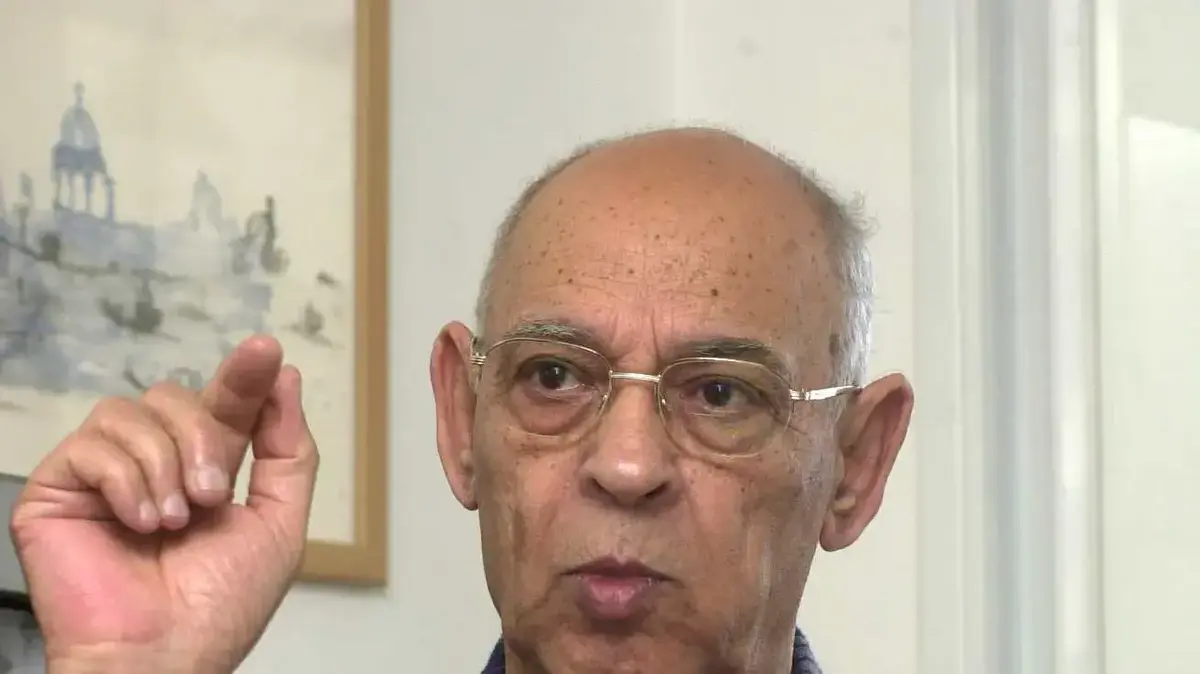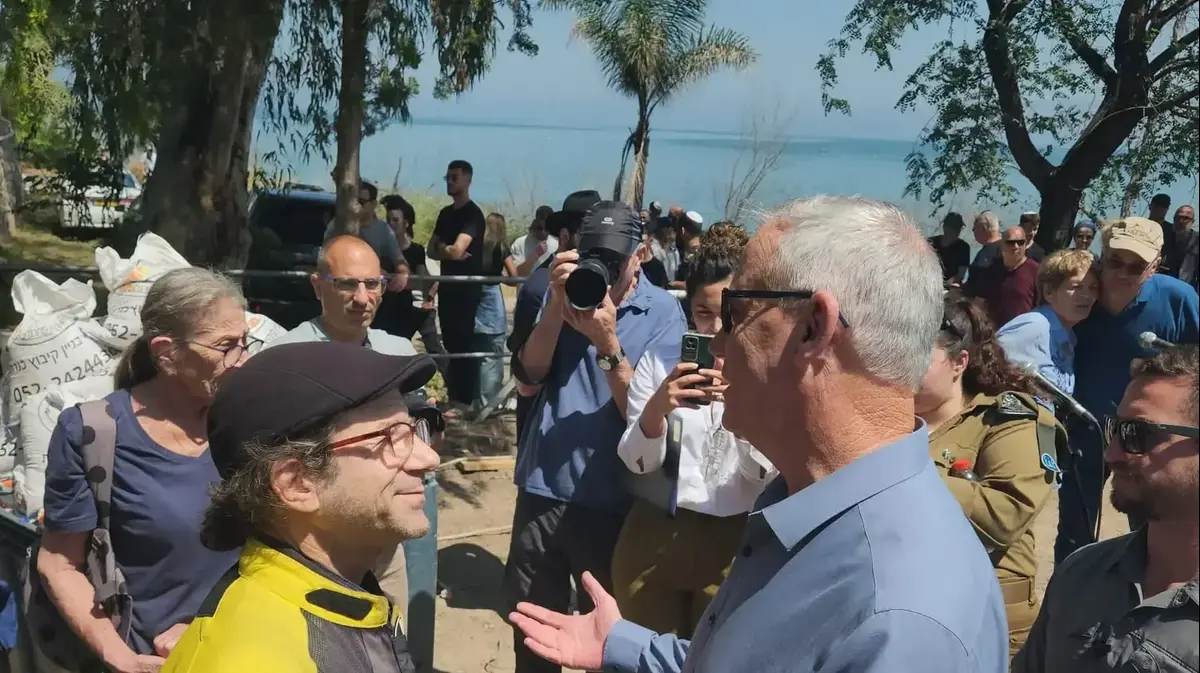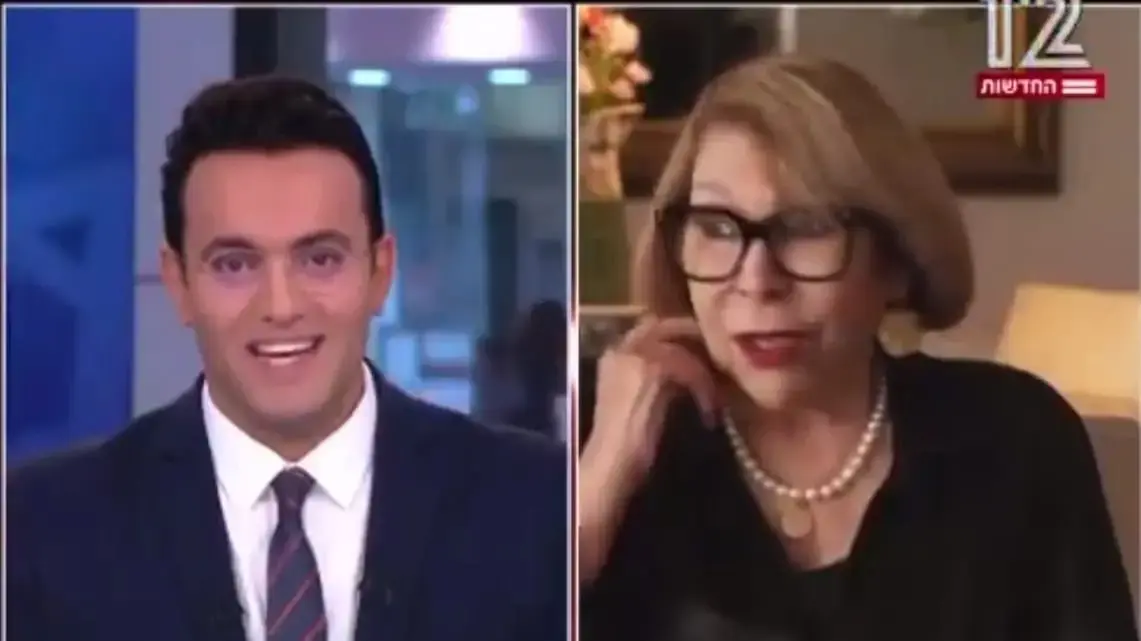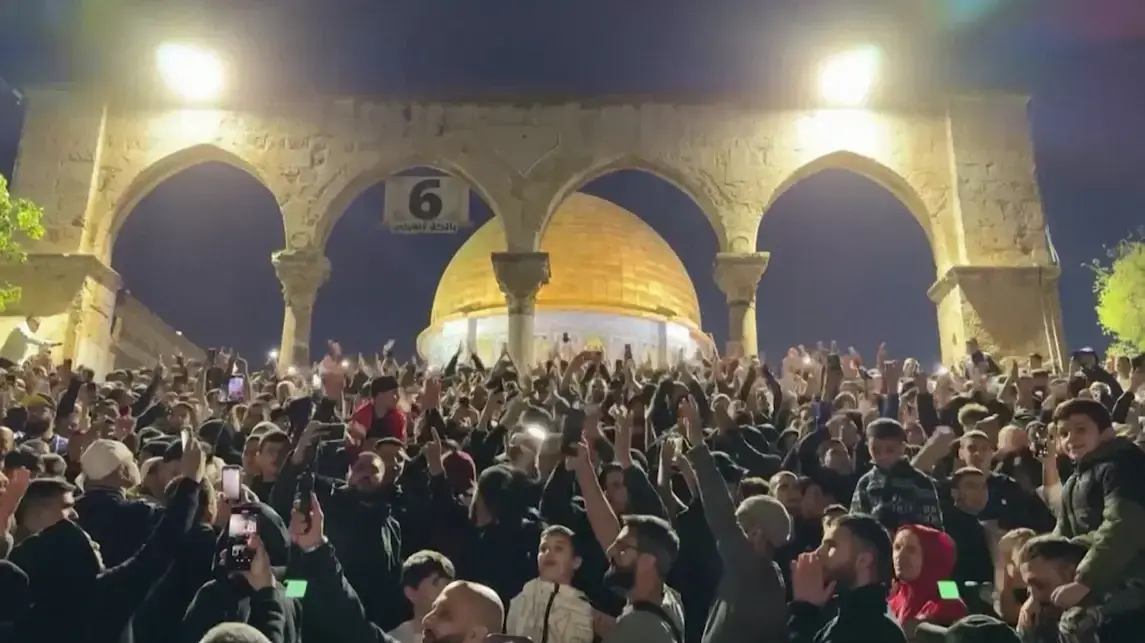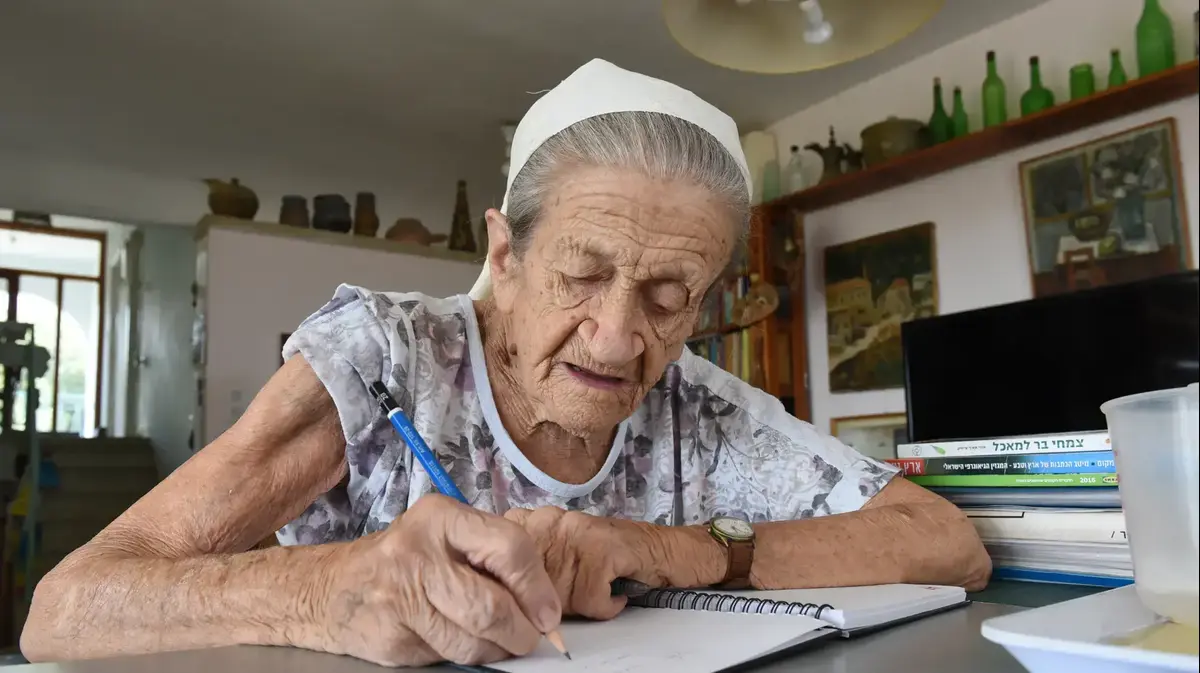The first time I met
Uri Vidislavsky in Dimona I was angry with him, and he had no idea why. Somewhere in the past I turned to Southern Theater and offered my services as a musician. The response was kind and condescending: "Thank you for contacting us, but we only work with some of the best guys in Tel Aviv, like Uri Vidislavsky." Vidislavsky was a one-man corporation in the production of music for the Israeli theater. Habima, the Cameri, Beit Lessin, Beer Sheva, Acre, Haifa - all stood in line with him. And if that was not enough, even days of remembrance, protest rallies and peace agreements needed his melody for "Children of the Winter of '73" to become an Israeli classic. With the right name, sitting securely under his vine and keyboard in the center of the paella.
And lo and behold, when I saw him at a yeshiva on a Southern cultural project, I did not understand what the hell he was doing here.
Beyond that, the experience of the years has made me think that this is another reluctant savior, who has come to save the natives through an elite and arrogant culture, and that is even at best.
Six years later Vidislavsky is still here, and this week the Dimona Theater's new and exciting play - "The Gospel".
From the beginning of his career in Dimona, it was clear that Vydislavsky was different.
He did not lecture, but talked and mostly listened to Dimona with a curiosity that did not assume that the sun shines only on the shores of Tel Aviv, deciphering the enigma of the periphery.
On the one hand the exact same thing is just a little further away, and on the other hand it is a parallel universe and so different.
Vidislavsky jumped a head from the pavilion and dived into the sand of time and place.
'When I got here I was in the place of' me and me and me '.
That's how they sold me this adventure, run the Dimona Theater, you only have to sleep there three or four times a week, it's not terrible.
But meeting with this place stunned me. '
Why?
'Originally I am a kind of Harod, very Zionist and love this country, and I came from Tel Aviv and the world of theater was my circus, and when I came to Dimona I lived in housing and it was amazing.
You sit at night, and in the apartments around you broadcast radio stations from all over the world and the walls are plywood, and it's terribly cold, and you say to yourself, 'My God, how did they live here, families with many children, in two rooms?'
"I volunteered in clubs, played songs from the Land of Israel, and was asked about concepts and lyrics in the song, and I realized how thirsty there is here and I heard the conversations and the fragments and I realized that this is really another country. And if I want to do something significant here "Full devotion to this place and its others, so I moved here completely. This place is strong, it is a polygraph for the soul, it is a meter that exposes and confronts you with the rhythm of silence, and especially with yourself."
And what did you discover in this silence?
"The burden of proof is always on me. I do not say this out of modesty or haste. This place does not owe me anything, and I quickly realized that this is my burden and that it is difficult. To make the change that this place needs here, on the other hand, it is also difficult to stand in front of a place that does not always believe that it deserves a high-level cultural institution, that all this should not happen.
"The easiest thing was to take the money and run away, not to set up an institution here at the national level, with a system that knows how to give a stage and a home to local artists to produce original content. But too few send or arrive.
"This year, in collaboration with the Rahat Theater, we put on shows on a cart that would enter the Bedouin villages in the area, put on a play about the events of Wadi Salib and David Ben Harush.
Gold weddings are also done inside the theater because I think theater is relevant to the whole spectrum of life.
"There is a saying that I go into family life and put up an art program related to them, with all the grandchildren and great-grandchildren who are, and actors who will illustrate moments from their lives, and after that everyone cooks and eats together."
So what will your colleagues from the pavilion say about you, you went down to Dimona and instead of doing Shakespeare in Dimona, you started doing weddings in the theater. You came to change Dimona, and Dimona conquered you with Moroccan cigars?
"I wish my guys in Tel Aviv would say that it has deteriorated. For them it is a segment, a crazy and experimental exit. But for me it is an artistic action that meets a deep need. The demons go to weddings, bar mitzvahs and alliances all the time, this is the culture here and these are legal events. "Their time and logic. I want people to identify themselves within the artistic action, and a wedding is a super-theater, the best theater there can be."
***
"The Gospel" is a great show. Vidislavsky and his writing and life partner, Naama Shapira, created a stunning, visual and essentially moving play. A glimpse into humanity's dark and shaky "Long Cube" and its greatest invention - culture. In a futuristic world, after ten years of epidemic, MM and Alef, a successful past director and her assistant director, are fleeing the "Gospel" - a new world government that arose following an ongoing epidemic. The two arrive at their crossroads and discover that this is where contemporary culture is shaped according to the principles of the gospel.
MM and Alef become cultural critics, and show carts stop to show them. At the end of the show they have to shift the lever to the right or left, one way leading to the next locality and the other - to the abyss of oblivion. Beyond the play within the play, and the stunning visuals of the world of the future, the play confronts viewers with questions about power and culture, about essence and meaning, about the enslavement of spirit and other liberties.
'' The Gospel 'is entirely Dimona because it was created here and there. There are so many analogies in the show, it's a parable about the role of culture in our lives. I would never have reached them if I had not lived in Dimona. "
Why actually?
"Because we are in a world that moves between two forces that are good for you not to be in the middle. Both sides, hearing the story of it and also the story of it, you endanger the structure of this whole thing.
"Culture has an important role in this world. These carts on which the shows are put, are meant to make people think and develop some independent thought that indicates their existence, and the job of creation is to show us how complex we are and how beautiful we are, and when you sit in front of a work and something goes into it, and you "It rises from point to point within you, and you can test your beauty and complexity and become more you."
Were we wrong?
Fixed!
If you found an error in the article, we'll be happy for you to share it with us


